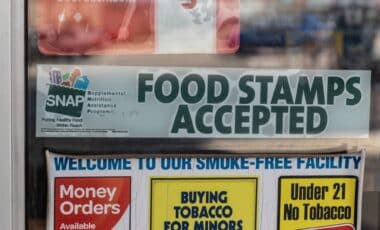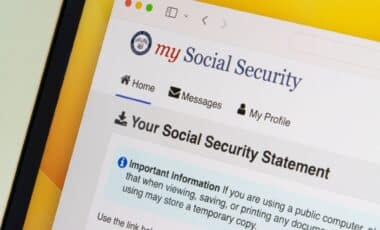A £421 million Cost of Living initiative is expected to provide thousands of individuals with free money or vouchers. Following the extension of the Household Support Fund by the Labour Party government, Thousands in the UK will be eligible for free cash or vouchers to help with increasing costs of living this winter.
Councils to Deliver £421M in Cost of Living Support to Vulnerable Households
Each council will get a share of the £421 million that the government has released. According to Labour, the funds can be accessible from October 2024 until March 2025, as the previous round was wrapped up on September 30, reports BirminghamLive.
Birmingham will get the largest portion, worth around £12.8 million. This year, Secretary of State for Work and Pensions, Liz Kendall MP, stated: “We have invested an extra half a billion pounds in the Household Support Fund to give struggling families and the poorest pensioners the help they need this winter.
“As local authorities across England deliver this lifeline support to help households with the costs of feeding children and heating homes, we are continuing our work to fix the foundations of our country, grow the economy, and deliver opportunities for people to get work and get on in work, so everyone feels better off.”
Councils should prioritize providing support that directly benefits those in need. The Fund is expected to assist disadvantaged households with food, water, electricity costs, and other essentials. The support can be provided in kind, with cash, or with vouchers.
Different Uses of the Household Support Payments
Although there isn’t a prescriptive list that offers a detailed definition of what counts as “eligible spend”, this can encompass spend on food, water, and energy. This can extend to essential related to food, water, and energy, such as insulation or energy-saving appliances that lower utility bills, or appliances like freezers, refrigerators, ovens, and slow cookers, as well as expenses for their delivery and installation.
The government adds that the Fund can also be utilized to assist with other essential needs not necessarily related to food, water, or energy. It’s up to the authorities of each area to decide what is suitable for their region.
These may cover, but aren’t exclusive to, assistance with other bills such as broadband or phone bills, clothing, feminine hygiene products, transport-related expenses such as repairing a vehicle, purchasing a bicycle, or paying for fuel. The Fund could also help the most impoverished households with housing costs.









